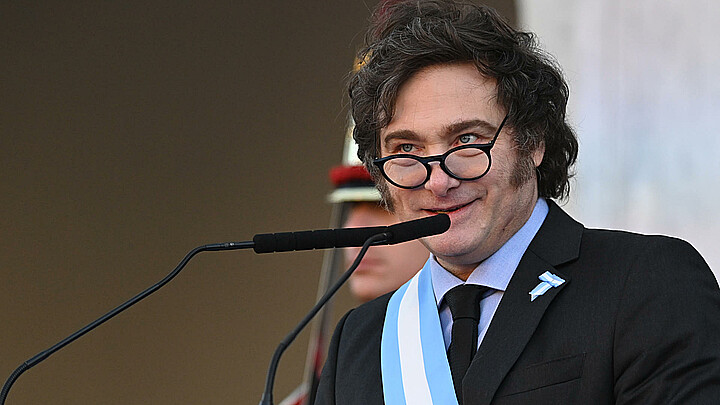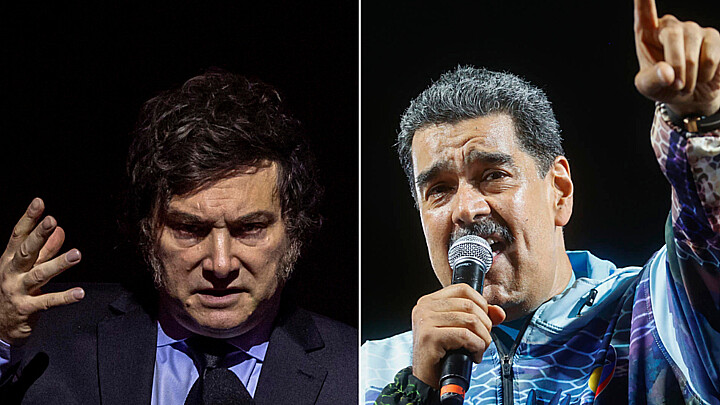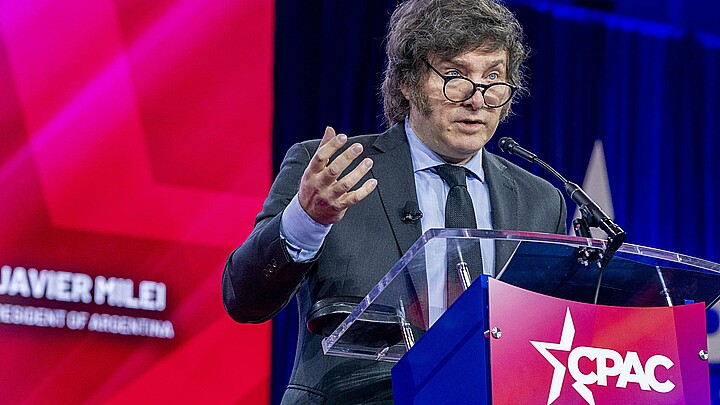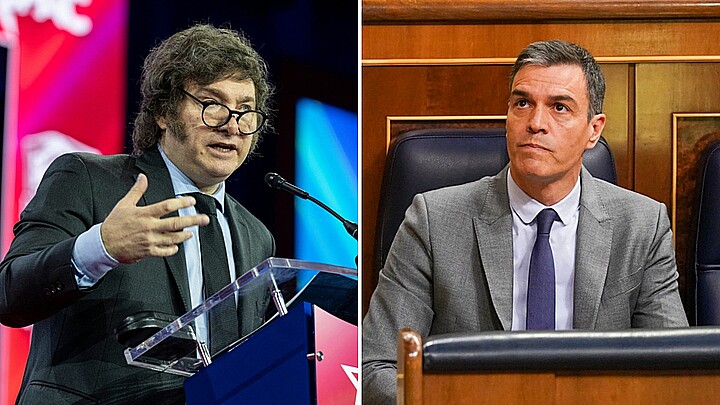Politics
Argentina's Milei fires foreign minister for opposing U.S. embargo on Cuba at United Nations
Two countries, Israel and the United States voted to oppose the resolution

October 31, 2024 12:58pm
Updated: October 31, 2024 12:58pm
Argentine President Javier Milei has fired Foreign Minister Diana Mondino after the country supported lifting the U.S. economic embargo on Cuba at the United Nations.
The South American country was just one of 187 countries that supported a non-binding U.N. resolution on Wednesday that called upon the United States to lift its economic embargo against the communist island.
Two countries, Israel and the United States voted to oppose the resolution, a move that upset Milei since it was the first time his country has not supported Washington and Tel Aviv since he took office.
Milei was replaced by Gerardo Werthein, Argentina’s ambassador to Washington, according to reports from Milei's office, which told media it was “categorically opposed to the Cuban dictatorship.”
Milei’s policy is a shift from his predecessors, a left-wing Peronist government that maintained close ties with the Cuban military dictatorship and opposed the decades long embargo.
During that time, the Cuban regime supported Buenos Aires’ continued claims over the Falkland Islands, an overseas territory controlled by the United Kingdom.
Britain and Argentina engaged in a short but fierce conflict over the islands in 1982 in which 904 people were killed—649 Argentines and 255 Britons.
To try and remedy their position with the international community, Milei's office released a statement intended explaining their foreign policy views.
“The country is going through a period of profound changes and this new stage requires that our diplomatic corps reflect in each decision the values of freedom, sovereignty and individual rights that characterize Western democracies,” the statement says.
Milei’s government added that it was adamantly opposed to the Castro regime.
“Our country is categorically opposed to the Cuban dictatorship and will remain firm in promoting a foreign policy that condemns all regimes that perpetrate human rights violations.”
To some, Mondino’s firing did not come as a surprise since tension has risen between Milei and his foreign ministry over various policy issues since he took office.
The U.S. trade embargo against Cuba was first enacted in 1962 after Fidel Castro came to power with Che Guevara during the 1959 Cuban Revolution.
Castro initially sought assistance from the U.S. in a fruitless April 19, 1959 visit to Washington to meet President Dwight D. Eisenhower, but he was rebuffed by Vice President Richard Nixon instead since the Republican administration found their views to aligned with left wing ideology.










